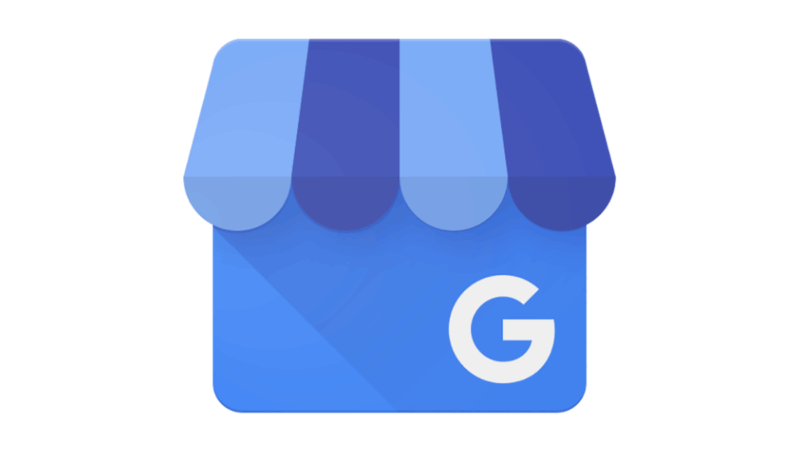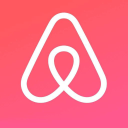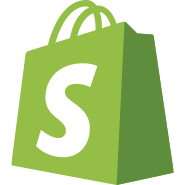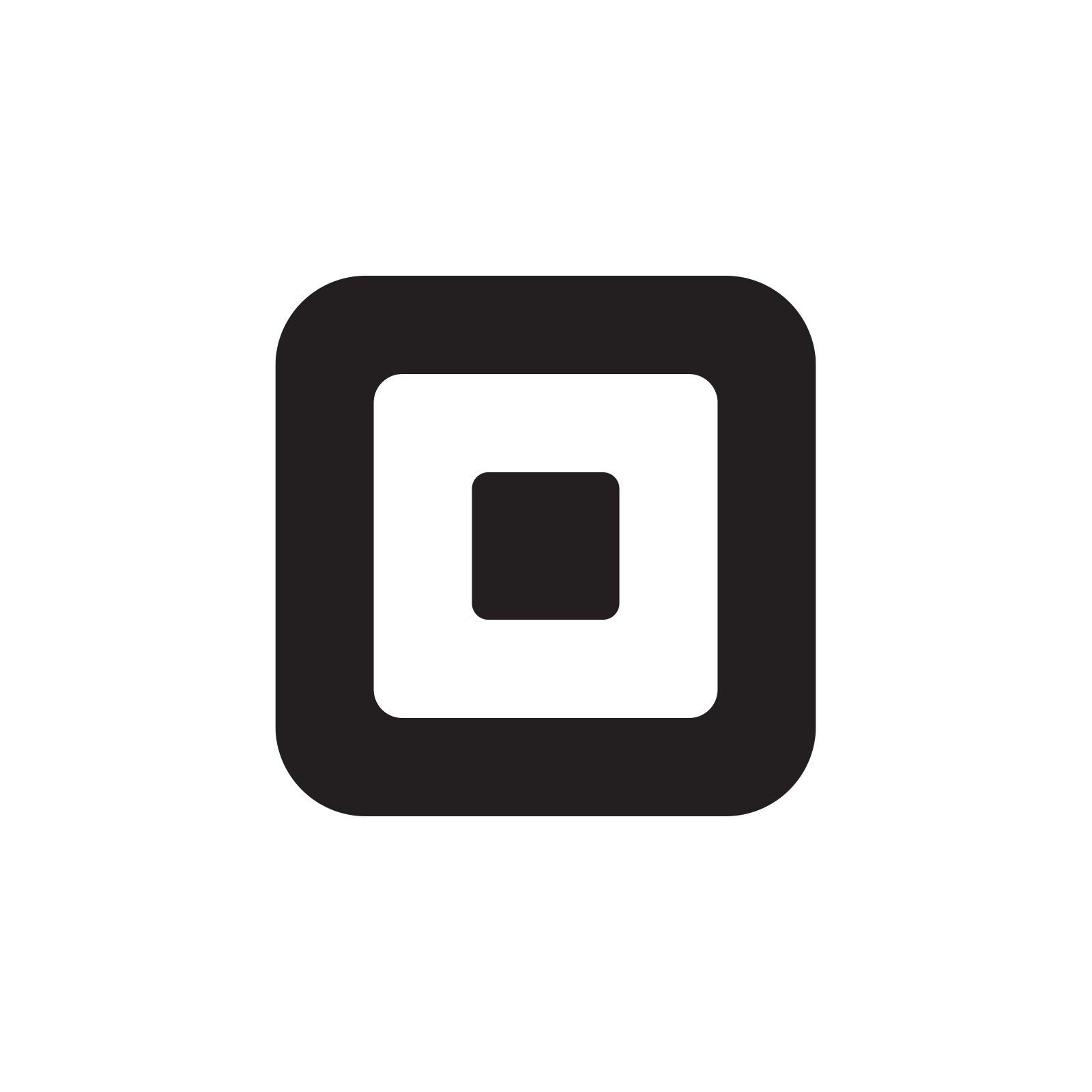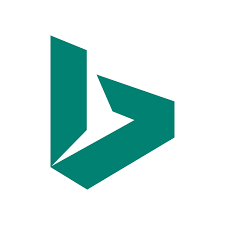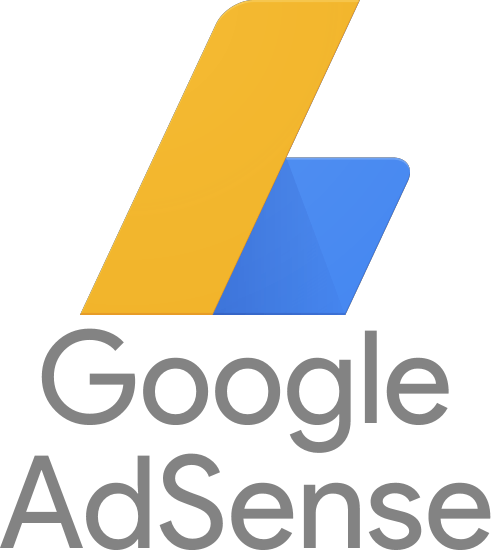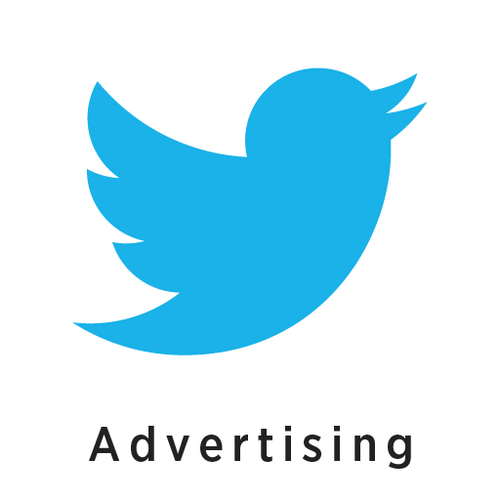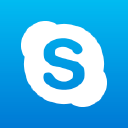How We Started A $1M Axe-Throwing Party Business
Hello! Who are you and what business did you start?
Hi there! My name is James and three years ago I started an axe throwing venue called Forged Axe Throwing. We teach people how to throw axes and then run amazing tournaments with everyone. Many of our clients are visitors to the area as we’re in a resort town, but we also have a locals league and get lots of local businesses coming to us for events.
In a year we will host upwards of 30,000 people in our venue. This is a mix of bachelor/bachelorette parties, corporate groups, birthdays or special events, and just anyone who wants to learn how to throw an axe. We really play up the Canadian-ness of our activity and I think we have some really great culture that resonates with visitors (it’s not just J-Beebs and Celine up here!).
In addition to our in-venue axe throwing sales we also do mobile axe throwing events, sell merchandise, book other activities through our partners, and license our axe...
More Business Ideas Like This





